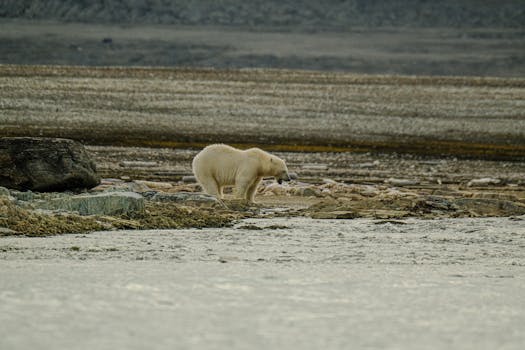
Introduction
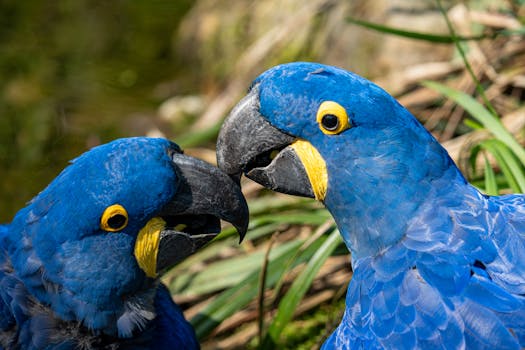
The impact of climate change on global ecosystems is profound and multifaceted. As temperatures rise and weather patterns shift, the very fabric of natural habitats is changing. This article examines the consequences of climate change on ecosystems worldwide, emphasizing the urgent need for action.
Biodiversity Loss
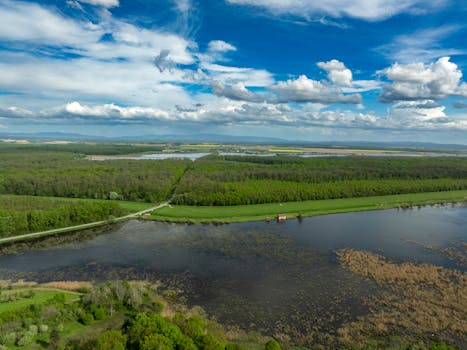
One of the most alarming effects of climate change is the loss of biodiversity. Many species are struggling to adapt to changing climates, leading to a decline in population numbers. For instance, coral reefs, which support a vast array of marine life, are experiencing bleaching due to rising ocean temperatures. This not only affects the species that inhabit these reefs but also the communities that rely on them for food and income.
Habitat Alteration

Climate change is altering habitats across the globe. Forests, wetlands, and grasslands are shifting, resulting in the displacement of countless species. In the Arctic, melting ice is threatening polar bears and other species that depend on sea ice for hunting. Similarly, warmer temperatures are pushing many species to higher altitudes or latitudes, disrupting existing ecosystems and creating new challenges for wildlife.
Species Survival
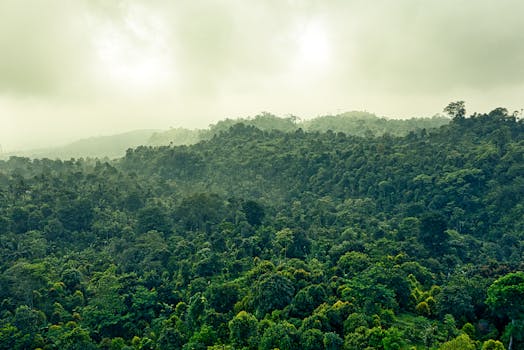
The survival of numerous species is at stake due to climate change. As ecosystems change, some species may find it impossible to adapt quickly enough. For example, amphibians are particularly vulnerable, with many species facing extinction as their habitats are destroyed by rising temperatures and changing precipitation patterns. Conservation efforts are essential to protect these at-risk species and their habitats.
Conclusion
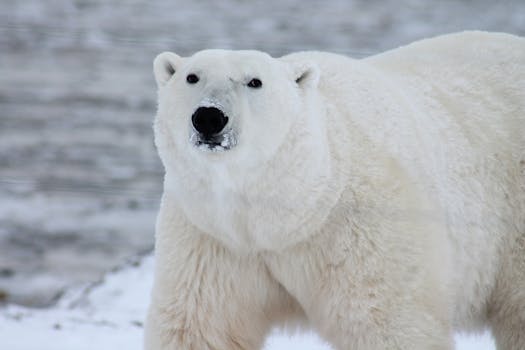
In conclusion, the impact of climate change on global ecosystems is significant and far-reaching. The loss of biodiversity, habitat alteration, and the threat to species survival are pressing issues that require immediate attention. It is imperative that we take collective action to mitigate climate change and protect our planet’s ecosystems for future generations.





